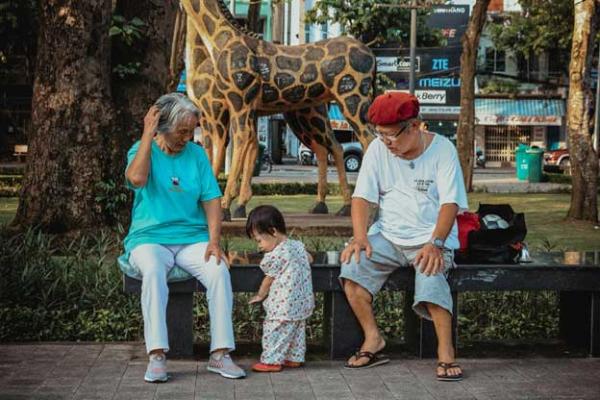Population ageing is a result of successful economic and social development
Population ageing is a result of successful economic and social development. The Asia-Pacific region is ageing at an unprecedented pace. Older persons, defined as those aged 60 years or over, amounted to 722 million in 2024 and accounted for 15.1 per cent of the total population. By 2050, 25.9 per cent of the total population are projected to be 60 years or over. Older women outnumber older men due to their higher life
expectancy, with 54 per cent of the older population being women.
Older women and men actively contribute to economies and societies through paid and unpaid work, including care. Yet, older persons are at higher risk of falling into poverty and often lack access to adequate resources and services.
Promoting the socioeconomic participation of older persons and strengthening their social protection, as well as promoting women’s economic participation throughout the life course, will contribute to sustainable and inclusive development in ageing societies.
The Asia-Pacific Report on Population Ageing 2022 provides an overview of trends, policies and good practices regarding older persons and population ageing from the region.
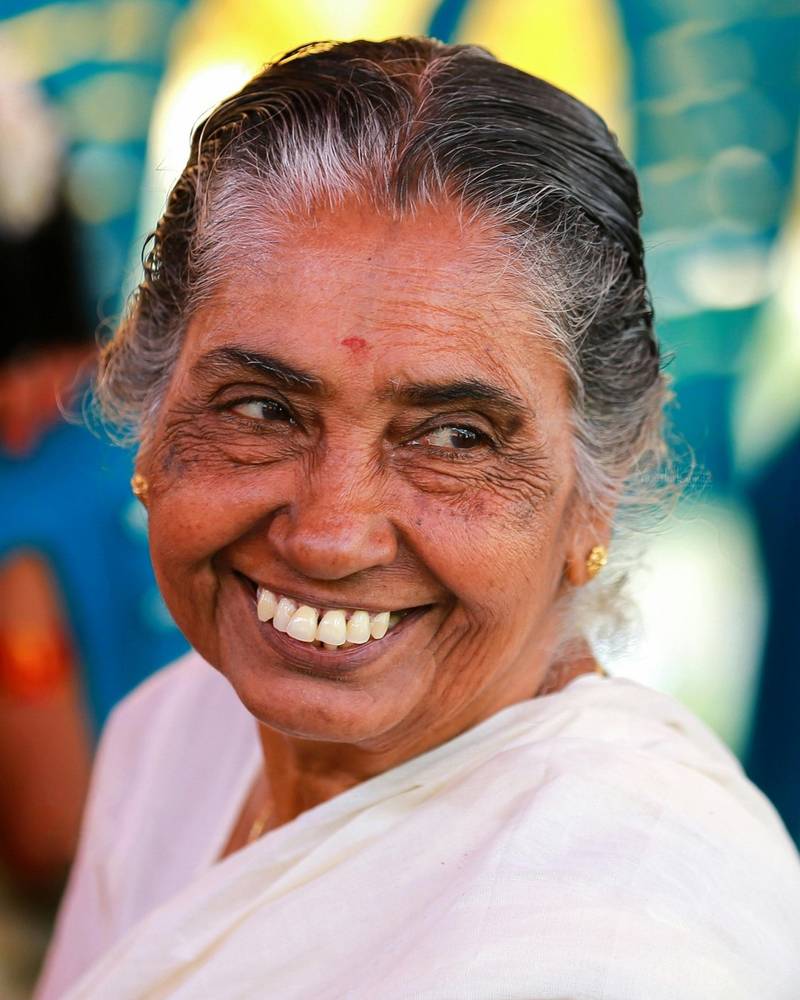

Data for ageing
To address the challenges and harness the opportunities of population ageing, we need forward-looking policies informed by evidence.
To design such policies, we need high-quality, timely, comparable and reliable data.
Mandates
The Madrid International Plan of Action on Ageing and the Political Declaration adopted at the Second World Assembly on Ageing in April 2002 marked a turning point in how the world addresses the key challenges and opportunities of “building a society for all ages”.
Since 2002, regular reviews and appraisals of the Madrid International Plan of Action have taken place at regional and global levels. At the Asia-Pacific Intergovernmental Meeting on the Fourth Review and Appraisal of the Madrid International Plan of Action on Ageing, ESCAP members and associate members adopted the outcome document Accelerating Implementation of the Madrid International Plan of Action on Ageing, 2002, to Build a Sustainable Society for All Ages in Asia and the Pacific.
General Assembly resolution 79/147 recommends that Member States reaffirm the roles of focal points within the United Nations system, increase technical cooperation efforts, consider expanding the role of the regional commissions on ageing issues and continue to provide resources for those efforts. They also call to facilitate the coordination of national and international non-governmental organizations on ageing and enhance cooperation with all relevant stakeholders, to promote ageing issues and develop partnerships in this regard.


Madrid International Plan of Action on Ageing (MIPAA)
The 2002 Madrid International Plan of Action on Ageing (MIPAA) marked a turning point in how the world addresses the key challenge of “building a society for all ages”, offering a new agenda and action plan for addressing population ageing in the 21st century.
Since the adoption of the MIPAA by the General Assembly in 2002, the international community has increasingly paid attention to the situation of older persons. There is also a growing recognition by member States, international organizations and stakeholders of the importance of policies and legal frameworks that safeguard and recognize the fundamental rights of older persons to live dignified, independent and healthy lives.
Progress in implementation of MIPAA is reviewed regularly at global and regional levels. ESCAP conducts periodic reviews in Asia and the Pacific.
Videos

Asia-Pacific Regional Review & Appraisal of the Madrid International Plan of Action on Ageing, 2022

Madrid International Plan of Action on Ageing – MIPAA

Data for ageing
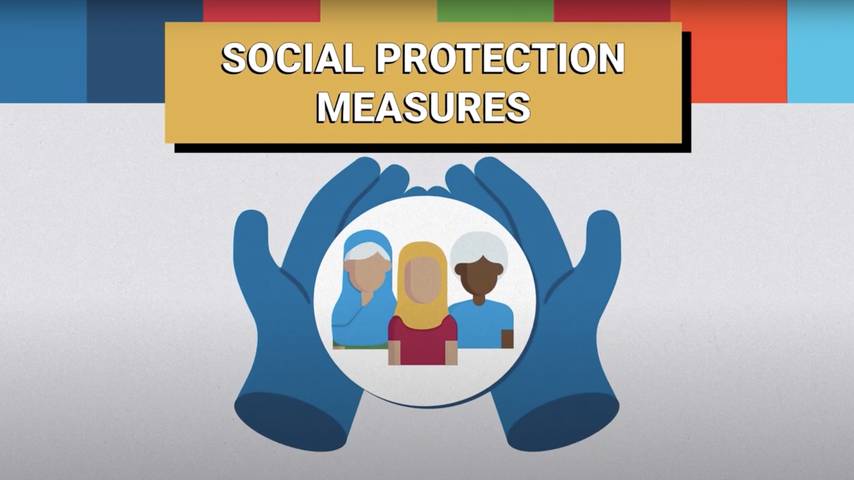
Older persons and the future of work
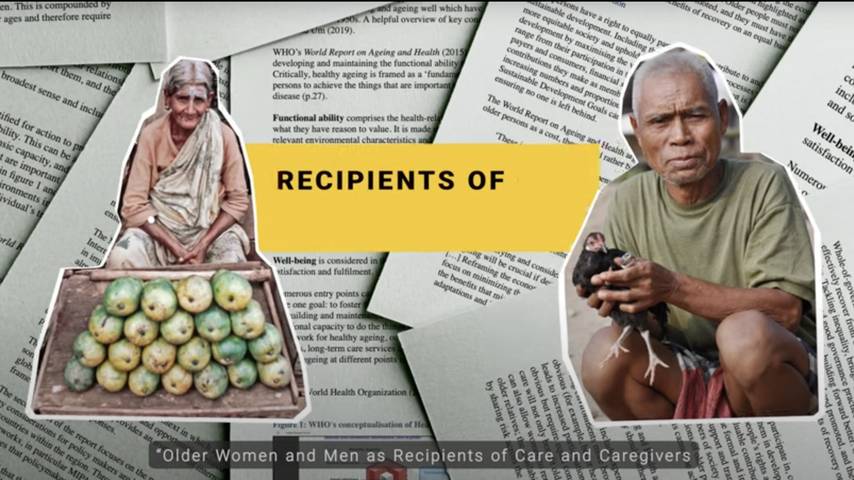
Unpaid care work

How to build inclusive old age pension systems
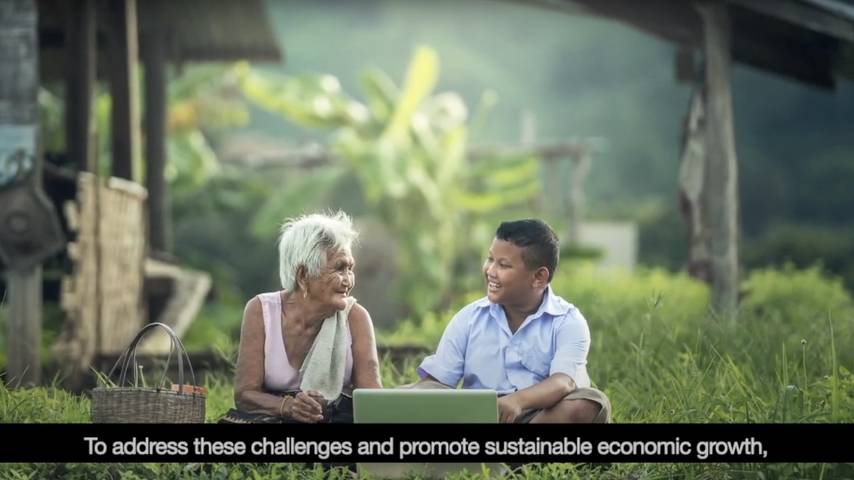
Strengthening older persons’ labour force participation in Thailand
Events
Regional Workshop on Developing Health Systems that are Equitable and Sustainable, and Responsive to Demographic Change
National Consultation for the Promotion of Policies on Ageing in the Philippines
The Regional Workshop on Enhancing Digital Literacy for Older Persons in Asia and the Pacific – Strengthening Digital Inclusion for All Ages
Blogs and Op-eds

Building a future-ready society so people can live long and age well

Strengthening social health protection for health coverage for all ages
